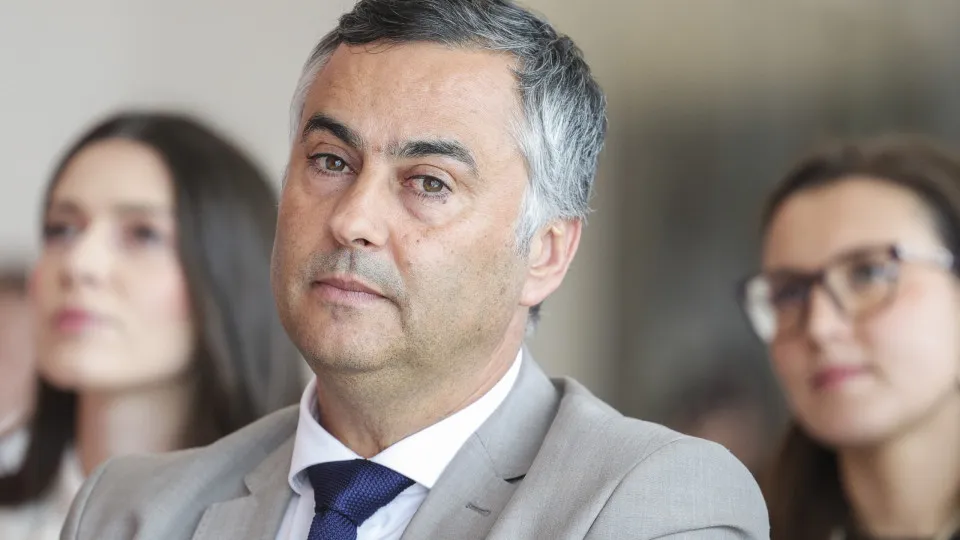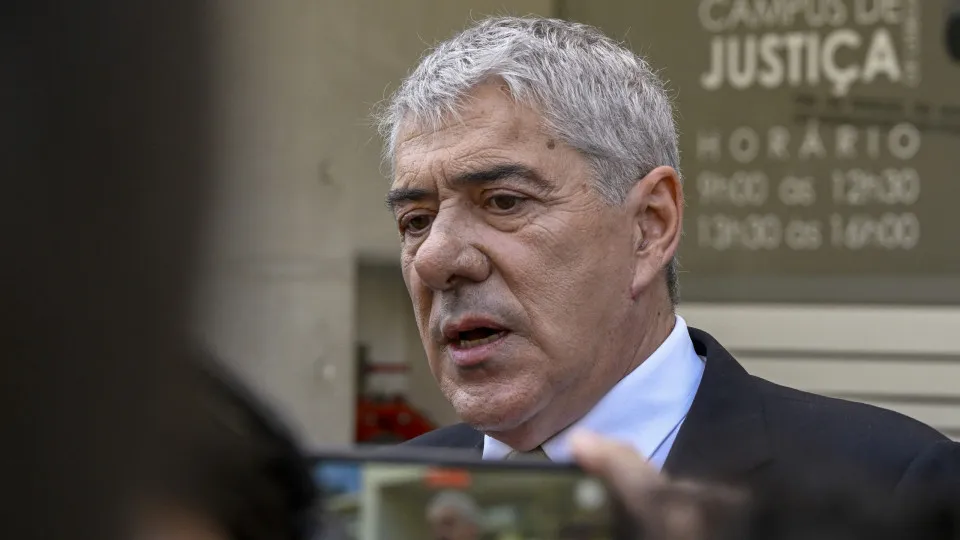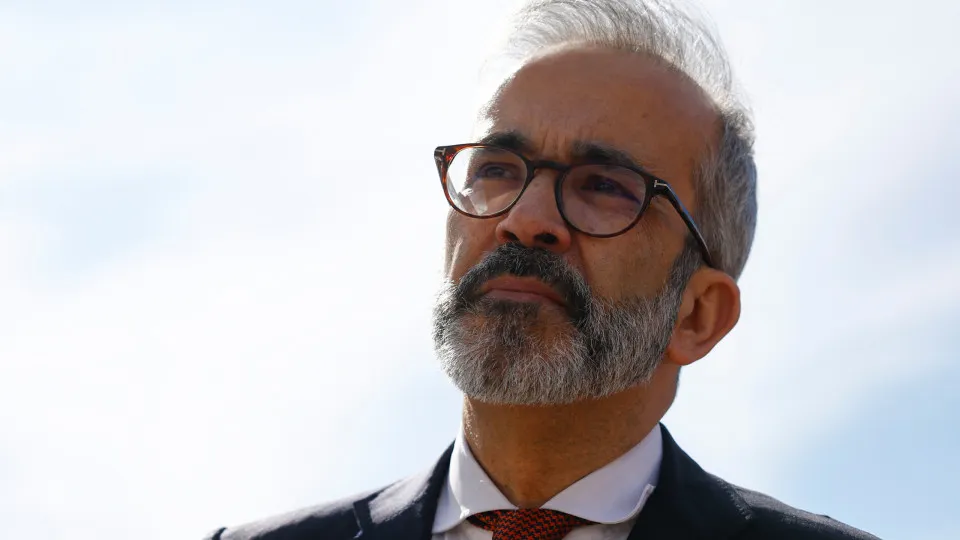
“The challenge is indeed diversifying the audiences of higher education institutions,” which “should not only be institutions for youth qualification but increasingly be for lifelong qualification,” stated Fernando Alexandre during his keynote speech at the opening of the academic year at the Polytechnic of Leiria.
Acknowledging that this diversification has been underway in recent years, with the National Access Competition representing “a little over half of the access to higher education,” he emphasized that “there are other important recruitment sources” to combat demographic decline, which immigration has not reversed.
“There are other audiences accessing higher education that do not follow the normal study progression after secondary education. We need to diversify these pathways. We aim to reach or exceed 50% of the population aged 25 to 34 with a higher education degree, but the means to achieve this don’t have to follow a linear educational trajectory from preschool to a degree or master’s completion,” the minister reiterated.
Stressing the need for diversified pathways, Fernando Alexandre highlighted the Professional Higher Technical Courses (CTeSP), “which allow young people not to necessarily follow this linear path.”
Another challenge for higher education institutions is “lifelong learning and bringing back adults, or integrating adults who left school early, particularly after the 12th grade, into higher education.”
“A recent study, the PIAAC [Program for the International Assessment of Adult Competencies], shows that 20% of the adult population with completed secondary education has the necessary skills to attend higher education,” the minister noted.
Attention should also be given to international students, as Portugal already has the “highest percentage” in the European Union, though the minister stressed the importance of attracting more students from outside the PALOP (Portuguese-speaking African Countries) and Europe.
In his keynote speech, Fernando Alexandre highlighted a set of challenges facing a world that “is more complex now than it was 20, 30, or 50 years ago,” with an increasing level of uncertainty.
“Higher education institutions qualify people and generate scientific knowledge. In a more complex world, it’s unlikely that solutions to the problems we face will be simple. With more complexity, we need more knowledge and more education,” said the minister.
Moreover, “society’s perception of the importance of higher education institutions in addressing the major problems facing humanity will be crucial for society’s willingness to, for instance, fund higher education and science.”
Pointing out that higher education institutions must “be increasingly attentive to societal problems” and “seek to contribute more to addressing societal issues,” Fernando Alexandre stressed that the path is lifelong qualification.
Furthermore, “they must generate scientific knowledge,” also “in the arts and humanities, which are not sciences.”
“We must then be able to bring that knowledge to society and communicate it effectively. We already have great examples of scientific knowledge production, but the ability to transfer this knowledge to society and the economy remains insufficient,” he lamented.




